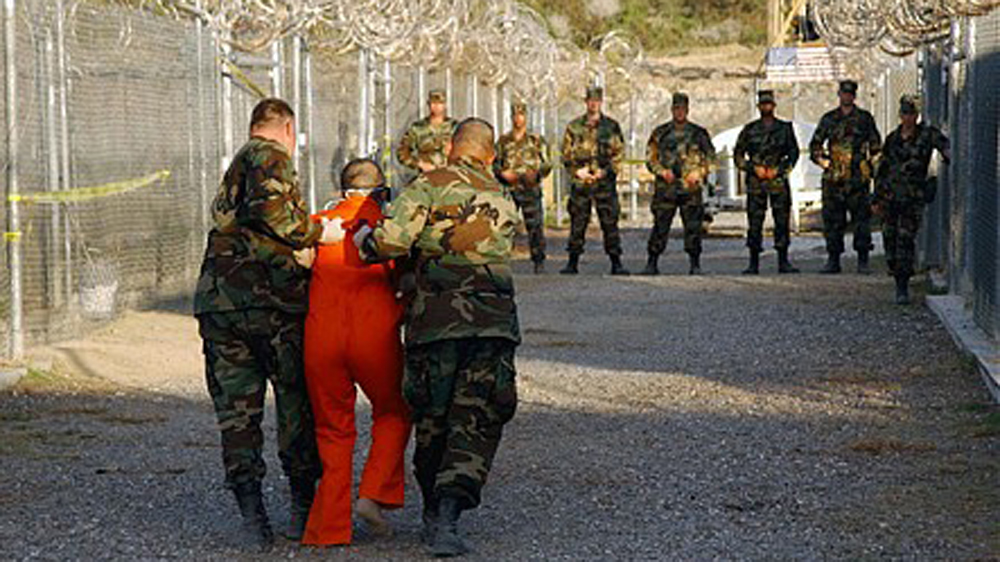
Since 2001, the United States has projected itself as the global vanguard in the “War on Terror.” It has invaded countries, sanctioned regimes, pushed allies to toe its line, and invoked international law to justify its military and economic actions. The Financial Action Task Force (FATF) has become one of its favorite tools—ostensibly to combat terror financing.
But for all the rhetoric, Washington’s actions reveal a different agenda. The war on terror is not rooted in universal moral values or consistent standards. It is a selective war, waged based on strategic interest, not principle. This is not counterterrorism—it is strategic hypocrisy.
Terrorists Today, Allies Yesterday
The origins of this duplicity trace back to the 1980s, when the U.S., through the CIA’s Operation Cyclone, armed and trained Afghan Mujahideen—among them figures like Gulbuddin Hekmatyar and Jalaluddin Haqqani. These “freedom fighters,” funded via Pakistan’s ISI, later morphed into al-Qaeda and the Taliban.
Even after 9/11, U.S. policy remained conflicted. While bombing Taliban positions, it continued to pour aid into Pakistan, despite Islamabad’s double game—harboring militants while claiming to fight them.
“Pakistan is playing a double game… it’s taking billions of dollars in aid from America, while supporting insurgents who kill American troops in Afghanistan.” — The New York Times, 2011
Syria and the Dirty War
In Syria, the hypocrisy grew starker. To oust Bashar al-Assad, the U.S. supported an array of rebel factions—many of whom were little more than rebranded extremists. A declassified 2012 U.S. intelligence report acknowledged that the West and its Gulf allies saw the rise of a “Salafist principality” as a useful pressure point against Assad. That “principality” would become ISIS.
This indirect support for radicalism caused untold suffering across the region. Yet the narrative of fighting terror remained undisturbed.
Gaza: Silence on State Terror
Nowhere is this double standard more glaring than in Gaza. After the October 7, 2023 Hamas-led attack on Israel, the U.S. gave full backing to an Israeli military campaign that has since killed more than 53,000 Palestinians, many of them women and children. Civilian infrastructure has been razed. Hospitals, refugee camps, and UN schools bombed.
Yet U.S. officials continue to defend these actions as “self-defense,” vetoing ceasefire resolutions and sending arms shipments while ignoring allegations of war crimes.
“Israel’s military response in Gaza may amount to war crimes.” — UN Human Rights Office, 2023
The U.S. claims to oppose terrorism. But when state violence is inflicted by its allies, silence or support follows.
The FATF and Financial Double Standards
The FATF, meant to monitor global terror financing, has become a geopolitical weapon. Countries like Pakistan, Iran, and North Korea are placed on grey or black lists. Meanwhile, Western banks that launder billions or Saudi Arabia, which has exported extremist ideology for decades, escape scrutiny—until it becomes politically convenient.
“FATF enforcement appears more aligned with U.S. geopolitical goals than neutral financial standards.” — Foreign Policy, 2020
The Victimhood Card
Throughout all of this, the U.S. continues to frame itself as the principal victim of terrorism. The 9/11 attacks remain the cornerstone of its foreign policy posture, justifying everything from drone strikes in Somalia to surveillance in the name of security.
But this narrative omits how often the U.S. has enabled, armed, or shielded actors responsible for terror—from anti-Assad jihadists to Pakistani proxies, from Afghan warlords to Israel’s impunity.
A War Without Integrity
The global fight against terrorism lacks integrity. Until Washington—and its allies—are willing to apply the same moral standards to themselves that they demand of others, the war on terror will remain a geopolitical theatre.
True peace and security require consistency, not convenience. And above all, an end to this era of strategic hypocrisy.
Shariq Us Sabah is a published author and is interested in international affairs, particularly of the Middle East. The views expressed in this article are the author’s own and the author can be contacted at [email protected]
















































